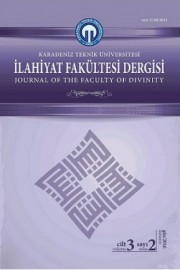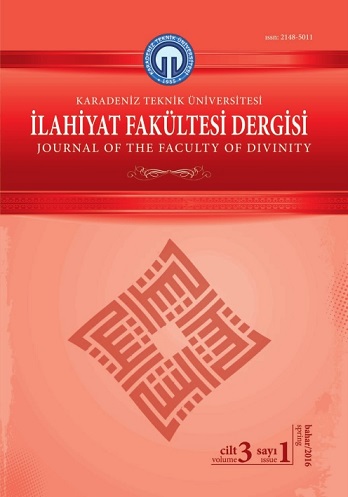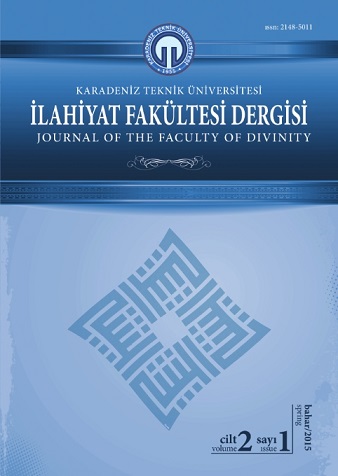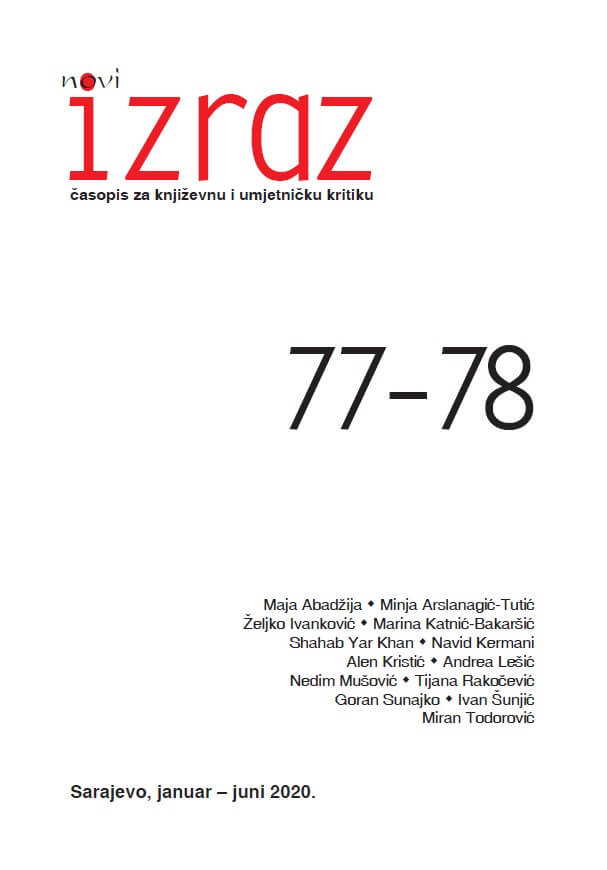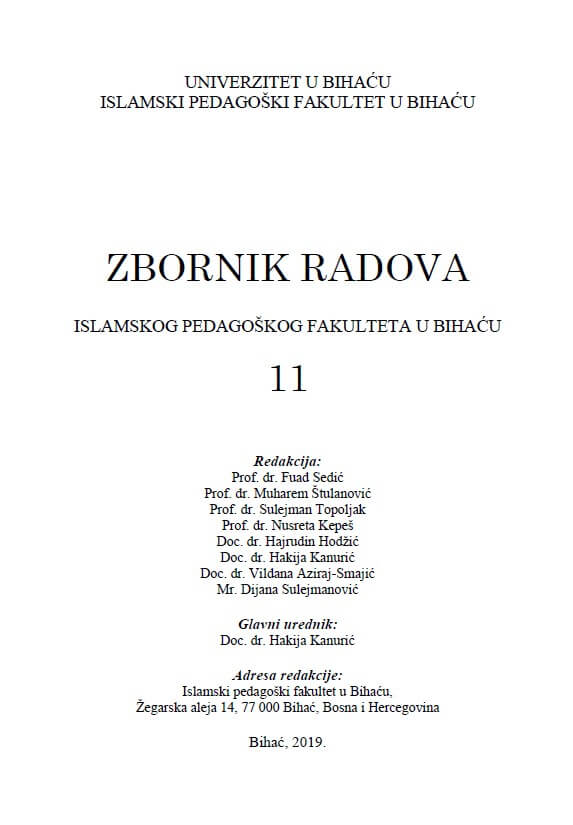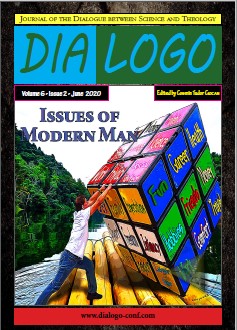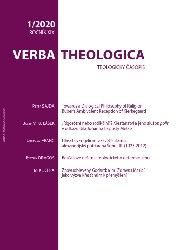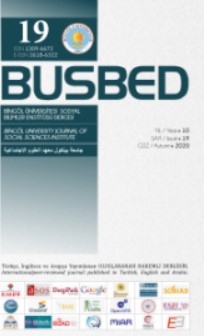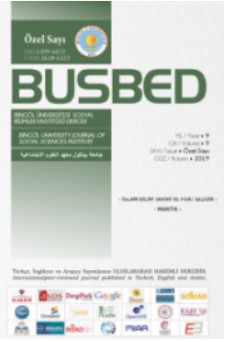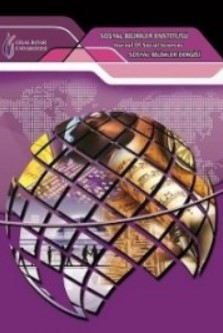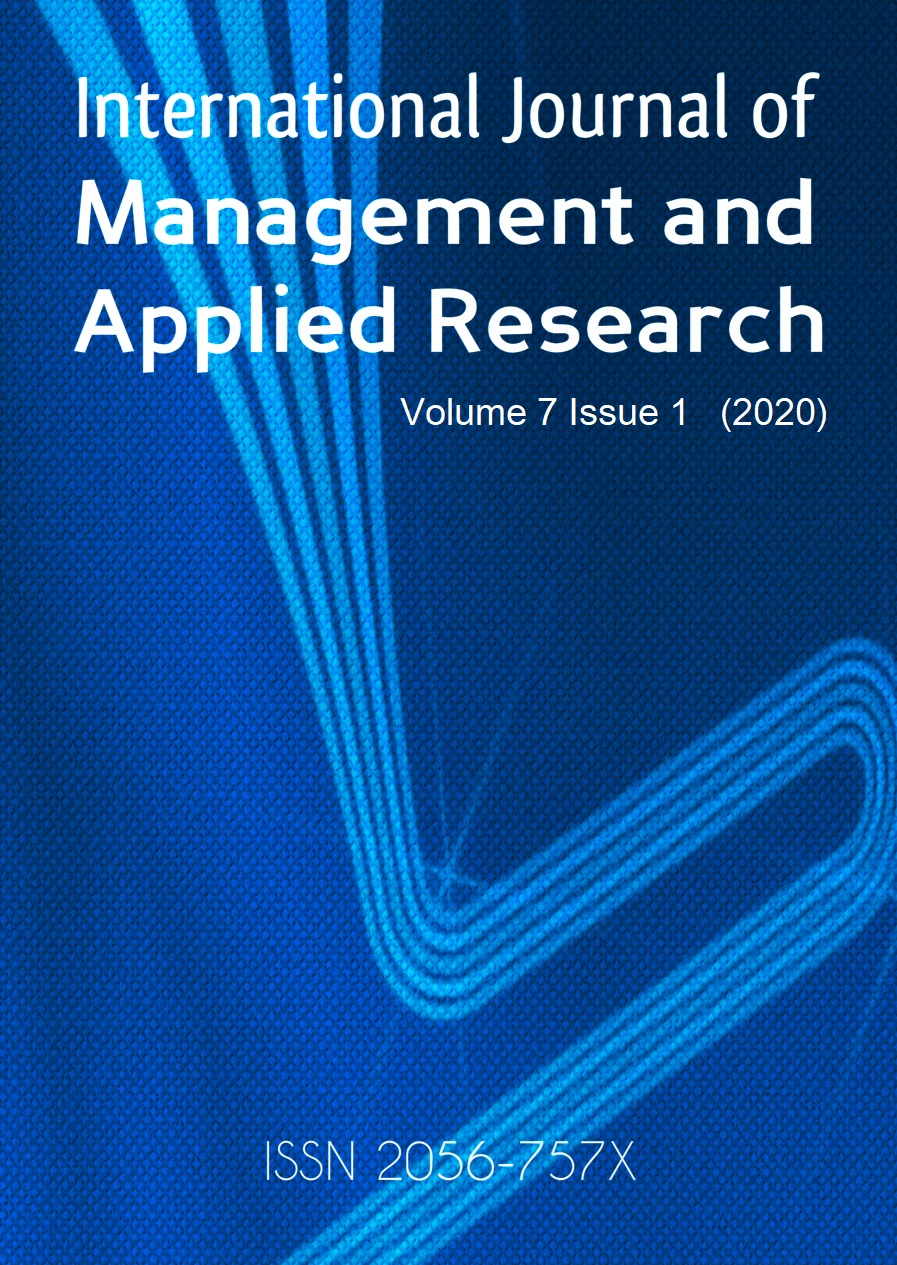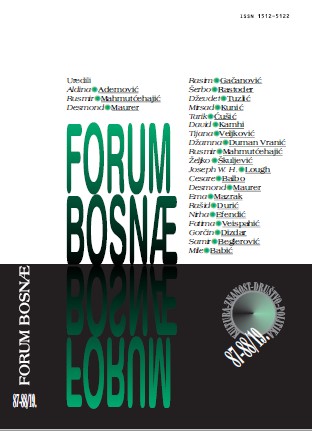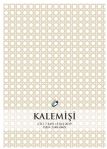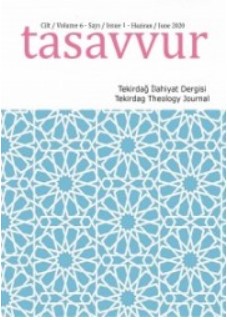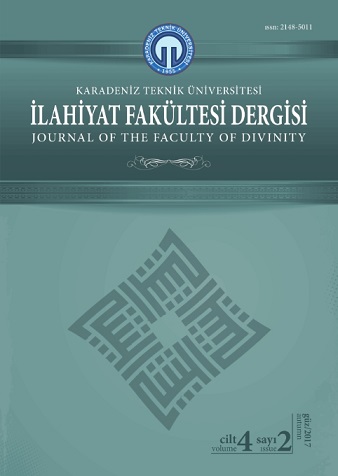
1980-2017 Arası Telif ve Tercüme Matbu Türkçe Tefsirler Bibliyografyası
Bibliography studies are studies that require constant updating. In Turkey, between 1980 and 2017, the acceleration of migration from the village to the city, the bringing of compulsory education, opening of many formal and private universities have caused enormous mobility of the scientific field and numerous researches on the field of tafsir as it is in every area. This situation has increased the number of copyright and translation works, so it has become necessary to identify these works. Here in this article, as a current contribution to the bibliography of tafsir, a list of the works of copyright and translation which was prepared and printed in Turkish between 1980-2017 is made. However, as a difficulty of bibliography studies, it is necessary to state that some of the works may have escaped the attention anyway.
More...
